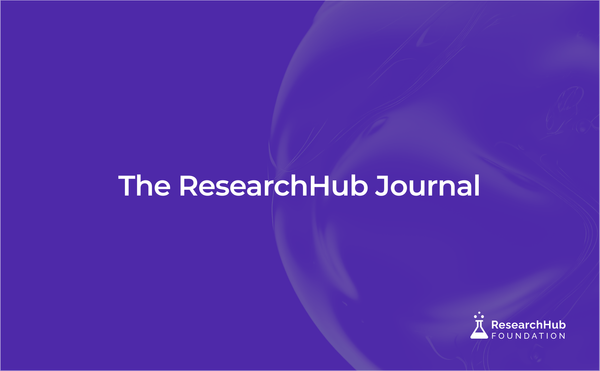
Product
Introducing The ResearchHub Journal: Empowering Scientists with Paid Peer Reviews
ResearchHub introduces open access paid peer review journal—ensuring transparency, reproducibility, and rapid completion in just 21 days.

Product
ResearchHub introduces open access paid peer review journal—ensuring transparency, reproducibility, and rapid completion in just 21 days.
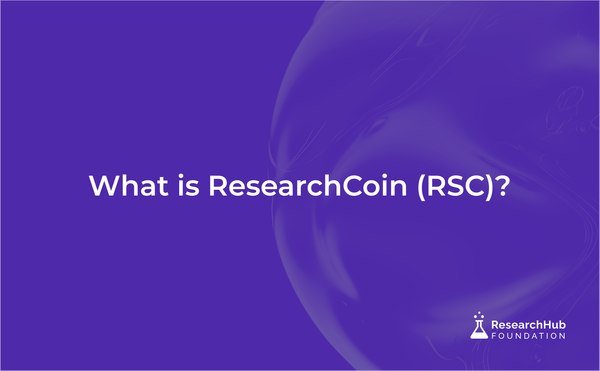
Product
ResearchCoin (RSC) is a digital token that rewards high-quality scientific research. In technical terms, ResearchCoin is a digital asset built on the Ethereum blockchain–an ERC20 token. In our vision, it is a new digital asset for the global scientific community. Not only does it have value–it represents a
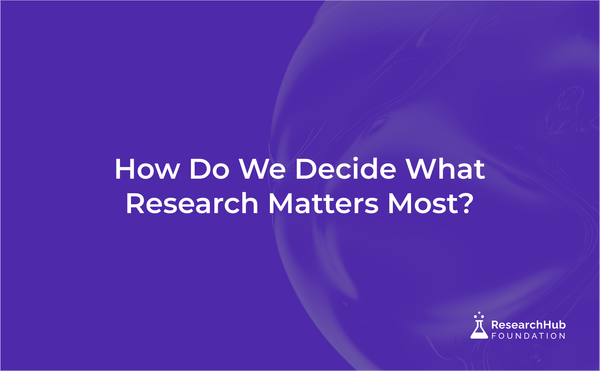
Informational
Every day, thousands of research papers hit the shelves, each vying for attention in an already overloaded system. Recent bibliometrics reveal that scientific publications have surged by 8-9% annually, for decades. In biomedicine alone, over a million papers flood the PubMed database each year—roughly two papers every minute (Nature,
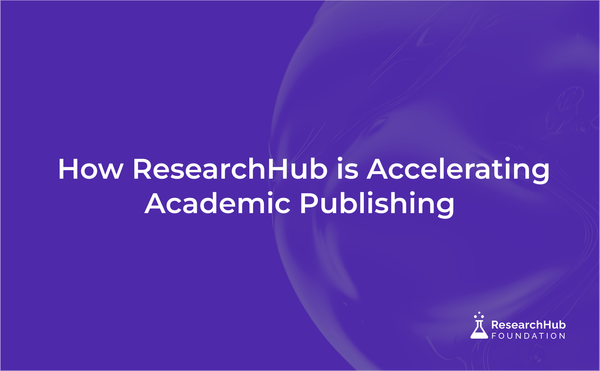
Product
Academic publishing is a cornerstone of scientific progress, yet the traditional journal system is riddled with inefficiencies that slow down the dissemination of knowledge and impose significant costs on researchers.
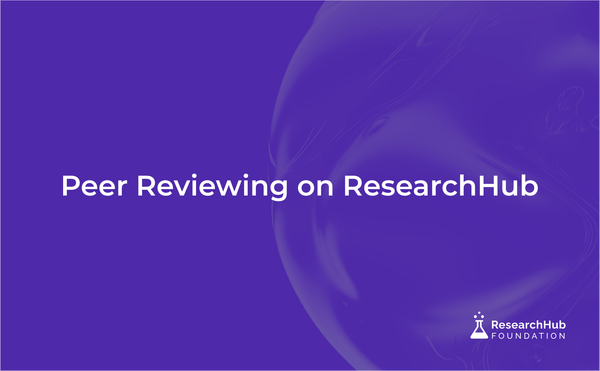
Product
ResearchHub’s mission is to accelerate the pace of science. We believe one way to accomplish this is through financially incentivizing open peer reviews with ResearchCoin (RSC). Peer Reviews on ResearchHub are permissionless and don’t require approval to complete. This guide will walk you through signing up, finding papers
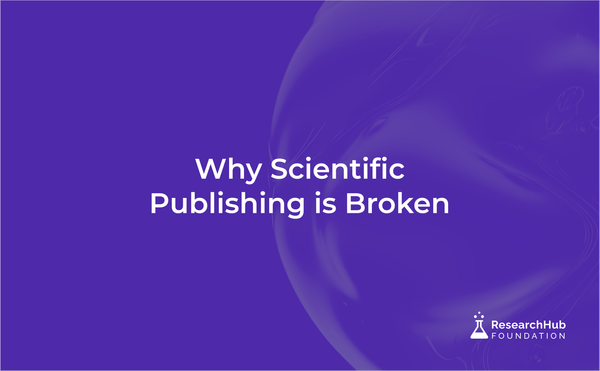
Product
Scientific publication is in crisis. The system designed to validate and disseminate research is fraught with issues that undermine its integrity and effectiveness. In 2023 alone, over 10,000 research papers were retracted, highlighting the severity of the problem . These retractions often stem from issues like data falsification, plagiarism, and